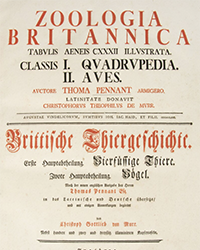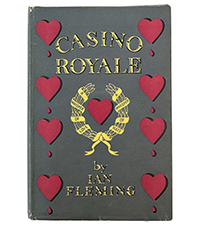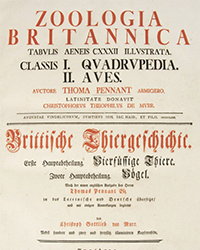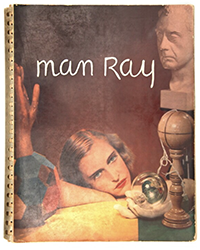AT: Tell our readers a bit about the upcoming sale at Christie’s. This is the most important sale of American documents, not only in this year but in many of years to come. Can you tell us what factors make it so important in your view?
SF: It’s precisely because of the interest we’ve had in putting the Forbes collection together. Each piece was bought not just because it was signed by a historical figure but because it was itself a piece of history. In terms of non-Presidential material, there is a letter about Andersonville, the notorious prisoner of war camp during the Civil War, and a document by Garfield’s assassin, in which he expresses no remorse. Each piece has a history to it. Back to Presidents, we have Andrew Jackson discussing his wife Rachel, the subject of many attacks in her day, and defending her vigorously. Also him giving his views on union. In terms of modern-day Presidents, there are also telling pieces that are absolutely unique and fascinating, such as Eisenhower writing on public opinion being fickle during World War II. He says that public opinion is by and large against you and whatever victories you have won are soon forgotten. This is such a contemporary sentiment: it is much like what Bush was going through this summer. We have a fantastic Truman letter in which he writes to longtime friend and supporter Pendergast, saying “Pray for me with all you can” in a postscript upon learning that FDR had just died and he [Truman] had become President. You can see in that letter Truman’s humility, you can feel that humility. There is not a gratuitous item in the sale. They all mean something and bring a history with them.
AT: You have built up over time a collection that consists of some of the icons of American history. It must be a bittersweet experience to sell them, but an extraordinary privilege to own them. Can you comment on this at all?
SF: This is indeed a dichotomy, but one that I was brought up with. My father felt that collections were meant to live and that nothing was permanent. One of his priorities was that if his collection was to be broken up, it should go to individuals so that they can get the same thrill from it that we have, not to institutions. Parting with the collection is poignant, but life goes on.
AT: How will Part Two of the sale differ from Part One, except for the obvious difference in material being offered? The first sale was simply extraordinary, both in terms of the quality of the material offered and in terms of the record-breaking results. What will we be looking forward to in this sale?
SF: The second sale underscores how deep and rich the Forbes collection was and is. It’s a phenomenon that you can have a first sale rife with headliners, and yet absolutely great and stellar items in this second sale as well. Even reading the catalog is a wonderful way to learn American history.
formerly the
Americana Exchange
Americana Exchange
US / Canada Toll Free
(877)-323-RARE [7273]
(877)-323-RARE [7273]
Rare Book Monthly
-
Sotheby's
Fine Books, Manuscripts & More
Available for Immediate PurchaseSotheby’s: Ian Fleming. Casino Royale, London, 1953. First edition, first printing. $58,610.Sotheby’s: A.A. Milne, Ernest Howard Shepard. Winnie The Pooh, United Kingdom, 1926. First UK edition. $17,580.Sotheby’s: Ernest Hemingway. Three Stories And Ten Poems, [Paris], (1923). First edition of Hemingway’s first published book. $75,000.Sotheby's
Fine Books, Manuscripts & More
Available for Immediate PurchaseSotheby’s: L. Frank Baum. The Wonderful Wizard of Oz, Chicago, 1900. First edition. $27,500.Sotheby’s: Man Ray. Photographs By Man Ray 1920 Paris 1934, Hartford, 1934. $7,860.Sotheby’s: Thomas Pennant. Zoologia Britannica, Augsburg, 1771. $49,125. -
Rare Book Hub is now mobile-friendly!





![<b>Sotheby’s:</b> Ernest Hemingway. <i>Three Stories And Ten Poems,</i> [Paris], (1923). First edition of Hemingway’s first published book. $75,000. Sotheby’s: Ernest Hemingway. Three Stories And Ten Poems, [Paris], (1923). First edition of Hemingway’s first published book. $75,000.](https://ae-files.s3.amazonaws.com/AdvertisementPhotos/acf970a0-a15d-4c79-aa24-5e8e414cb465.png)




